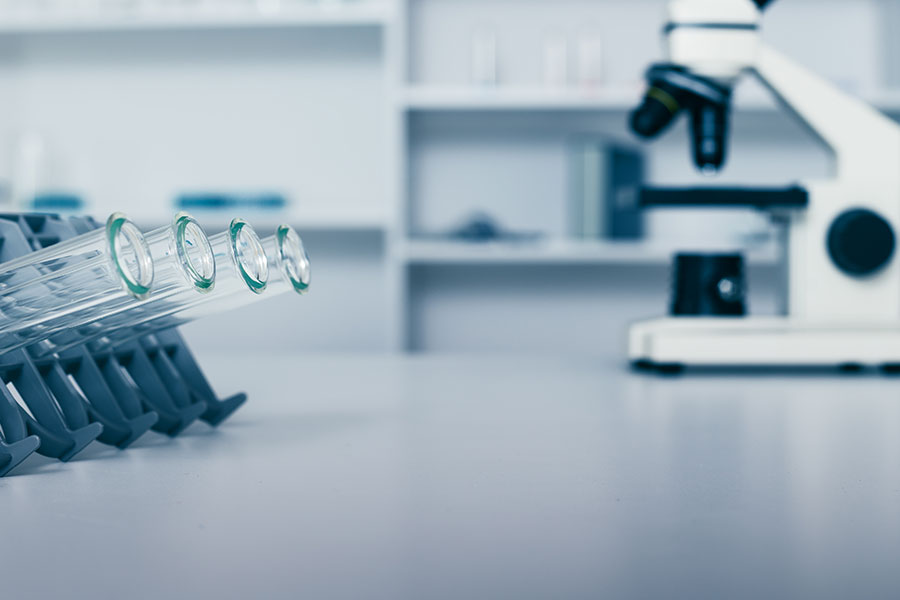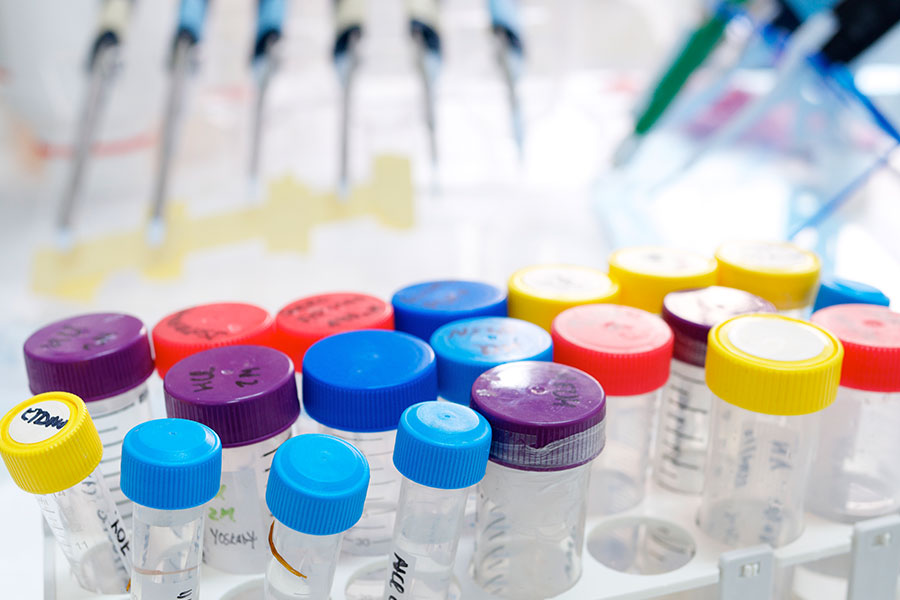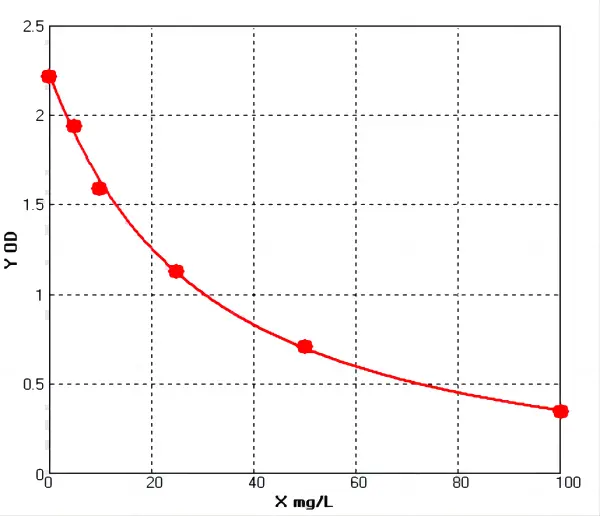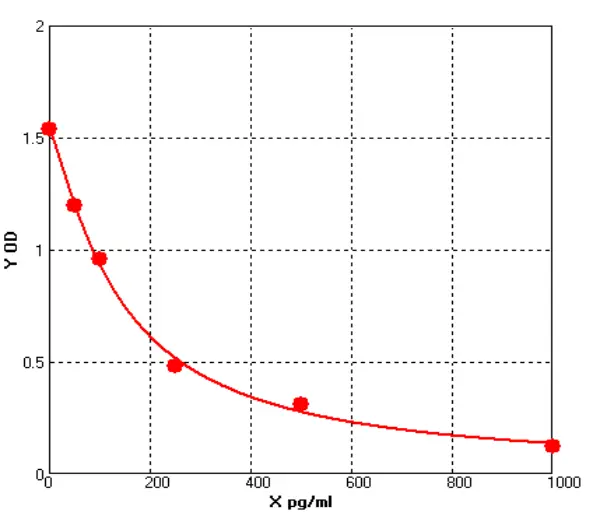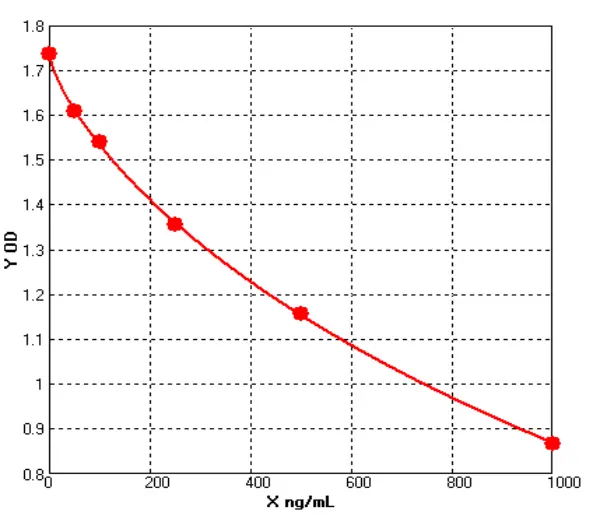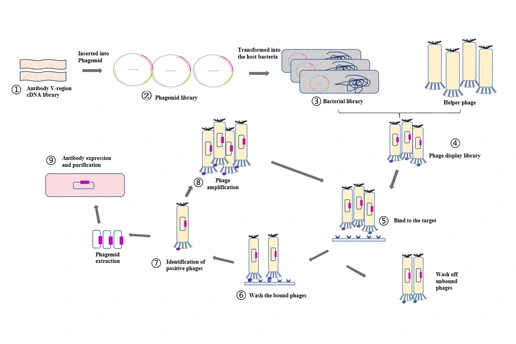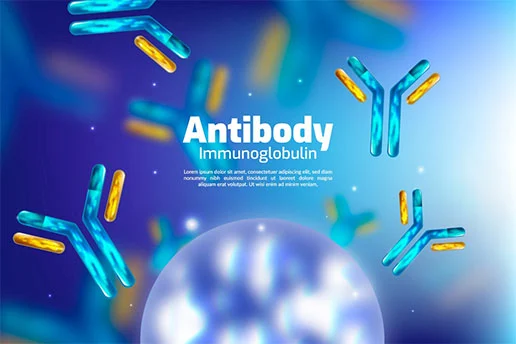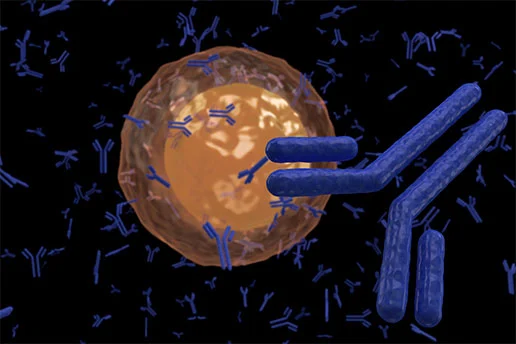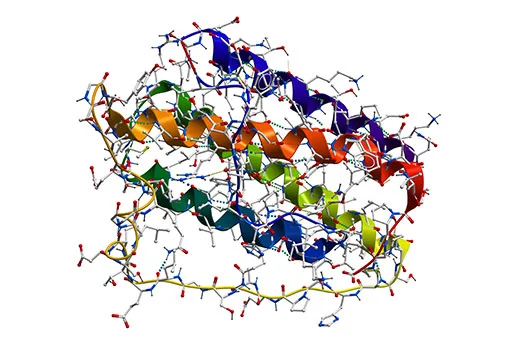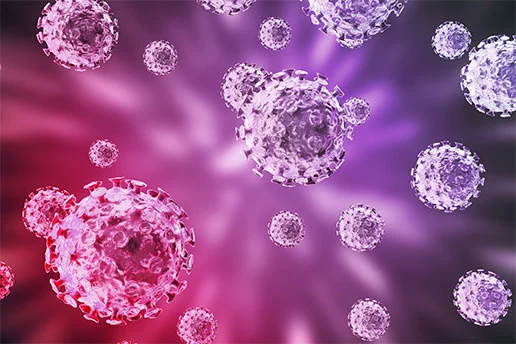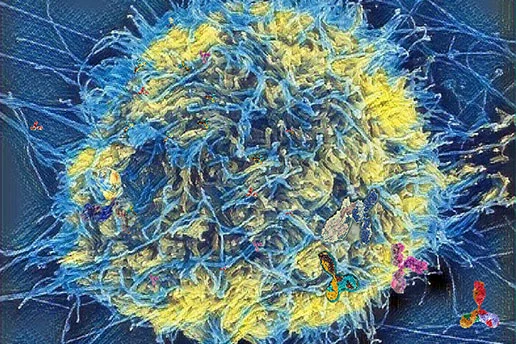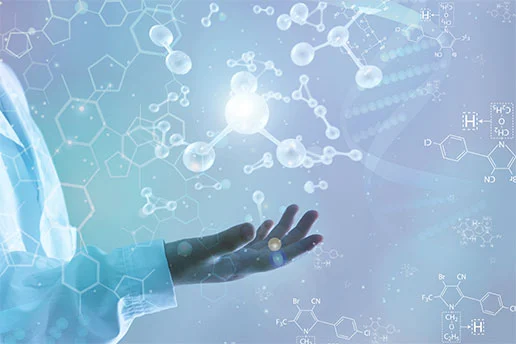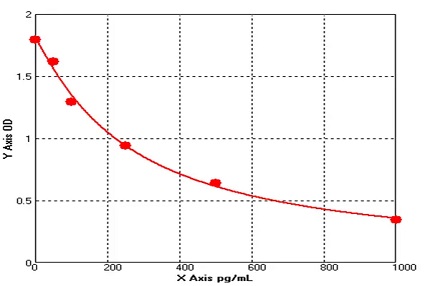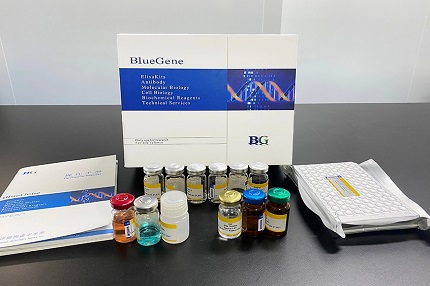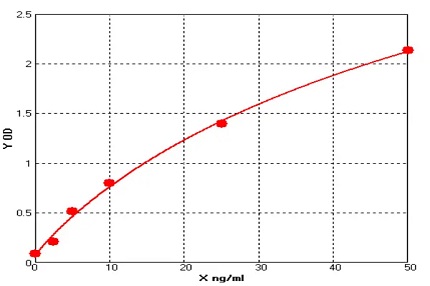- Host Cell Protein Detection Kits
- Host Cell DNA Residue Detection Kits
- Antibodies
- Recombinant Proteins
- ELISA Kits
- Cellular Component Protein Library
- Plasmids
- Promotions
-
Monitoring Chronic Diseases Using BFGF ELISA Kit
Chronic diseases pose a significant challenge to global health, often accompanied by long-term inflammation, tissue damage, and repair processes. In the study of these diseases, basic fibroblast growt...
Apr.16, 2025Read More > -
The Need for Methamphetamine Residue Detection
Methamphetamine, as a commonly abused drug, has seen increasing concern over its residue in food and pharmaceuticals. With the growing threat of drug abuse to public safety and health, regulatory agen...
Apr.14, 2025Read More > -
Advances in ELISA Technology: A Case Study of Human Hepcidin
The balance of iron metabolism is crucial for human health, and human hepcidin plays a key role in regulating iron levels in the body. In recent years, ELISA technology has been widely used in iron me...
Apr.12, 2025Read More >
Plasmid Construction
It has the ability of autonomous replication so that it can maintain a constant copy number in the progeny cells and express the genetic information carried. It is a double-stranded closed circular supercoiled DNA molecule. Plasmids are not necessary for bacterial growth and reproduction and can be lost or eliminated by manual treatment, such as high temperature, ultraviolet, etc. The genetic information carried by plasmids can endow the host bacteria with some biological characteristics, which are conducive to the survival of bacteria under specific environmental conditions. The process of linking the PCR product after enzyme cutting, recovery, and purification with a plasmid vector with ligase is called the construction of a recombinant plasmid vector.
Plasmids are genetic factors that exist in microbial cells such as bacteria and fungi and can be independent of staining in vitro and replicate themselves. Plasmids are not necessary for host cells. But under some conditions, plasmids can endow host cells with special functions, and then give the host the advantage of growth. Plasmids are also like chromosomes that can carry genes encoding multiple genetic traits and confer certain genetic characteristics on host cells. The special characteristics of many important bacteria closely related to medicine, agriculture, industry, and the environment are encoded by plasmids, such as plant nodulation, nitrogen fixation, metabolism of organic matter, and others.
